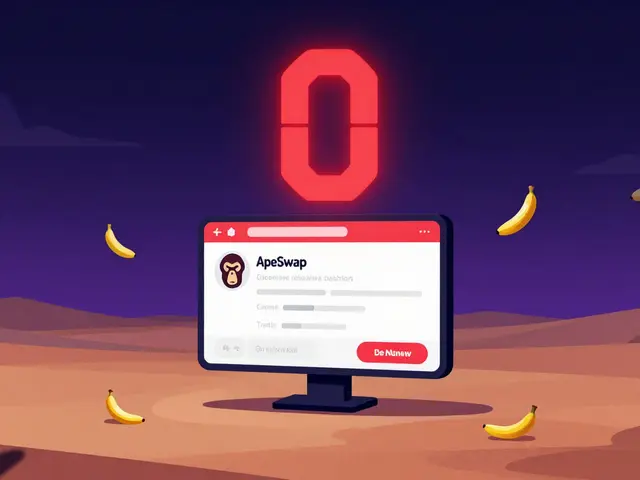Blockchain Node: What It Is, How It Works & Why It Matters
When working with Blockchain Node, a computer that stores and updates a copy of a blockchain ledger while enforcing the network's rules. Also known as node, it keeps the network decentralized and secure, you’re essentially joining a global peer‑to‑peer system. A Full Node, stores the entire blockchain history and validates every transaction offers the highest level of security, but it demands more disk space and bandwidth. In contrast, a Light Node, downloads only block headers and relies on full nodes for verification, making it ideal for mobile devices or low‑power setups. Both types share the core job of broadcasting new blocks and relaying transactions, but they differ in how much data they keep locally. Understanding these basics helps you decide which setup fits your goals, whether you aim to support the network, develop dApps, or simply watch the chain in action.
Key Concepts: Validators, Consensus & Hardware Needs
A Validator, a node that participates in the consensus process by proposing and attesting to new blocks is a special kind of node used in proof‑of‑stake (PoS) and related models. Validators run the same software as full nodes but lock up a stake of the native token, which aligns their incentives with the network’s health. The Consensus Algorithm, the set of rules that determine how nodes agree on the next block—such as PoW, PoS, or delegated proof‑of‑stake—directly influences what a node must do. For PoW, a node may also act as a miner, requiring powerful GPUs or ASICs, while PoS validators need reliable uptime and enough stake to be selected. Hardware requirements range from a modest Raspberry Pi for a light node to a dedicated server with SSD storage for a full node or validator. Network bandwidth, CPU performance, and security measures (firewalls, regular updates) are all part of keeping a node healthy and trustworthy.
Running a node isn’t just a hobby; it’s a way to contribute to decentralization, improve network resilience, and gain first‑hand access to on‑chain data. Nodes enable developers to read the blockchain without relying on third‑party APIs, help users verify transactions themselves, and can even earn rewards if you become a validator. Whether you’re curious about the tech, looking to boost your crypto security, or planning to launch a service that depends on reliable blockchain data, having a node in your toolbox adds real value. Below you’ll find articles that break down airdrops, exchange reviews, regulatory news, and deep dives into tokenomics—all tied together by the role nodes play in keeping these ecosystems running smoothly.
Why Running a Blockchain Node Boosts Decentralization
Running a blockchain node spreads the ledger, boosts security, enables voting and rewards, and ensures true decentralization across networks.





